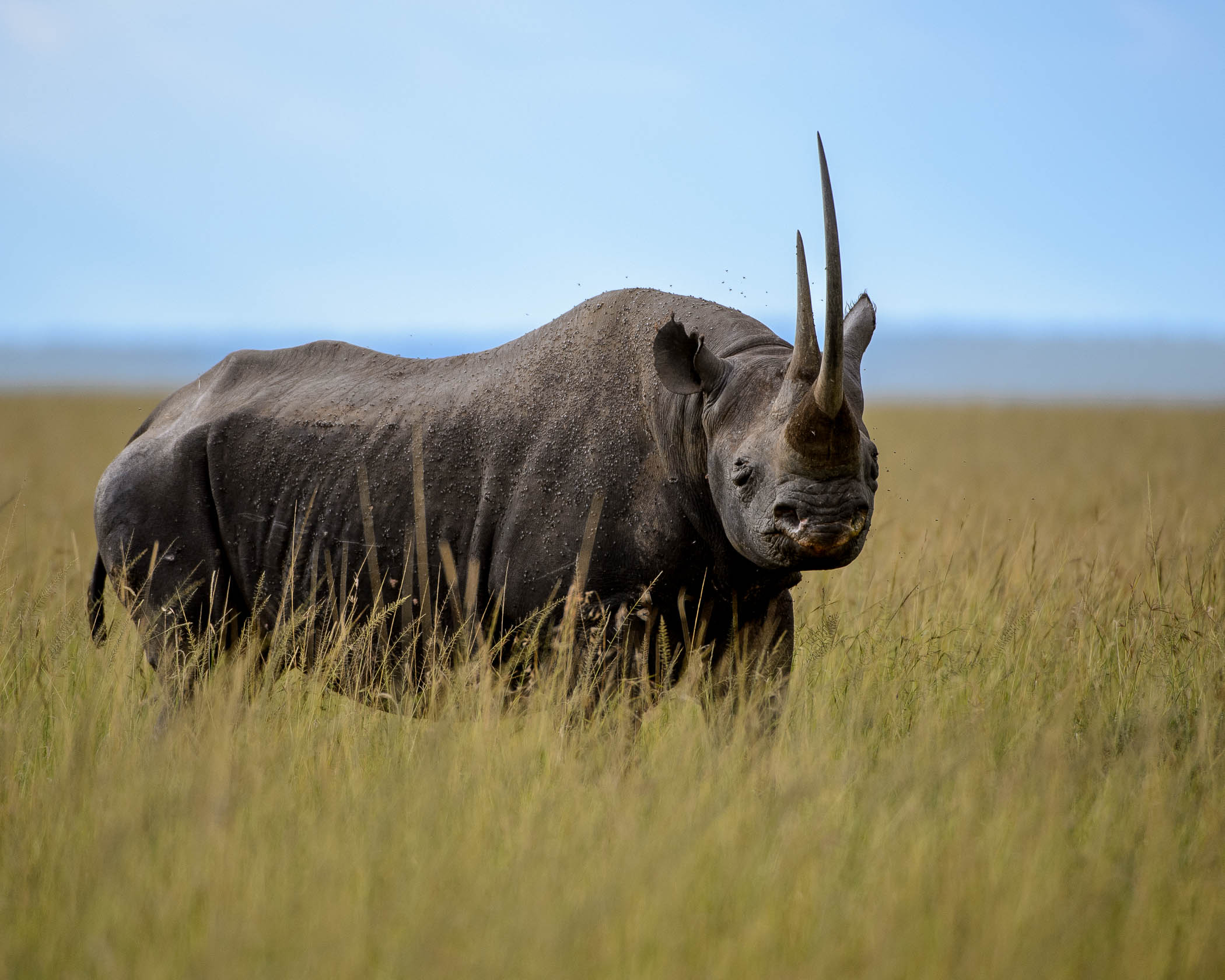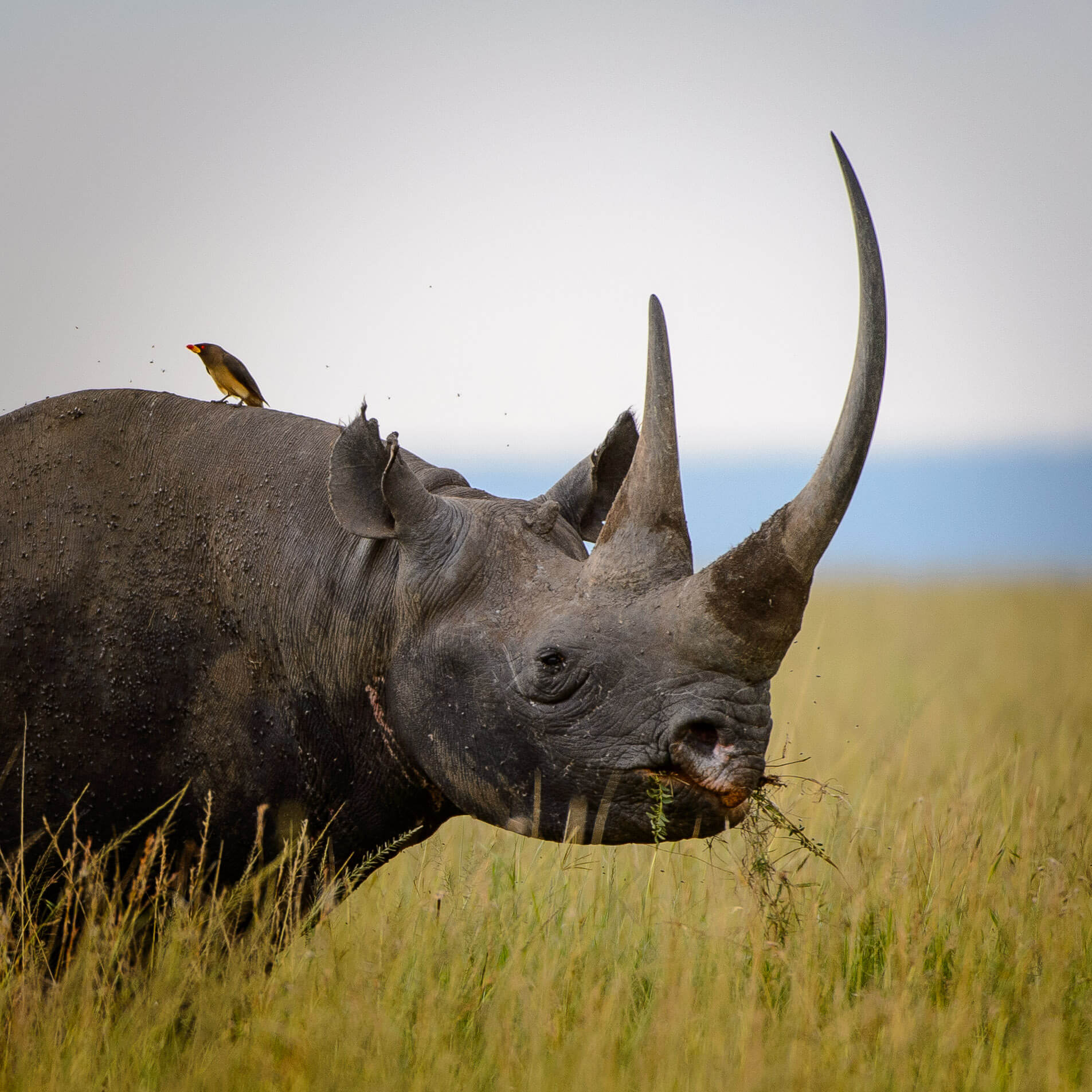Socially Conscious Safari
The Third Conflict

What is a Socially-Conscious Safari?
These beautiful animals are disappearing from the planet at a rapid pace due to three main causes. First, as humans continue to expand, these animals’ natural habitat disappears. Africa is the fastest growing continent in terms of human population, and the natural consequence of this expansion threatens the very existence of these species.
Second, poaching is a major concern as the demand for ivory and rhino tusks continues to rise due to superstitions in China and other oriental countries. The latest estimations show that, on average, 104 elephants are killed by poachers every day. Since 1950, 97.6% of rhinos have been eradicated from the planet due to these illegal practices.
The third reason is what’s referred to as the human-animal conflict. As humans encroach on animals’ natural habitat, animals are humans often come into conflict. For indigenous villages whose sole source of income is raising cattle, when a lion or other large predator kill members of their herd, the normal—and understandable—reaction is to hunt the lion to preserve their livelihood. If an elephant destroys a farmer’s crops, the response is often to eliminate the animal so that the family can survive until the next harvest.
While the first two problems are all but insurmountable for most of us—these problems are enormous, often tied up in political interests, and would require billions of dollars to solve—the third issue is something that I—and my guests—can do our part to try to fix.
Because the human-animal conflict is mainly financial, conservation safaris are actually key to alleviating this tension. In Kenya, for example, the majority of their gross GDP comes in from tourism. And by allocating a portion of that income to reimburse farmers and herders who’ve lost land, crops, and livestock, the motivation for killing the large mammals on the endangered list is eliminated.
Going on safari, then, is one of the best things you can do to help keep these animal populations from the brink of extinction. I’ve found that helping the local people in places like Kenya’s Masai Mara goes a long way in keeping the animals safe, wild, and with plenty of habitat to begin recovering their numbers. None of these goals are going to be met overnight, but going on safari is one of the ways normal people like you and me can do our part in making a real difference in this growing global problem
Find Your Experience
To access the brochure, please fill out the form below.
"*" indicates required fields
Click the link below to explore experiences, or download our brochure.
Ready To Have a Conversation?
Find Your Destination
Click the link below to explore experiences, or download our brochure.


